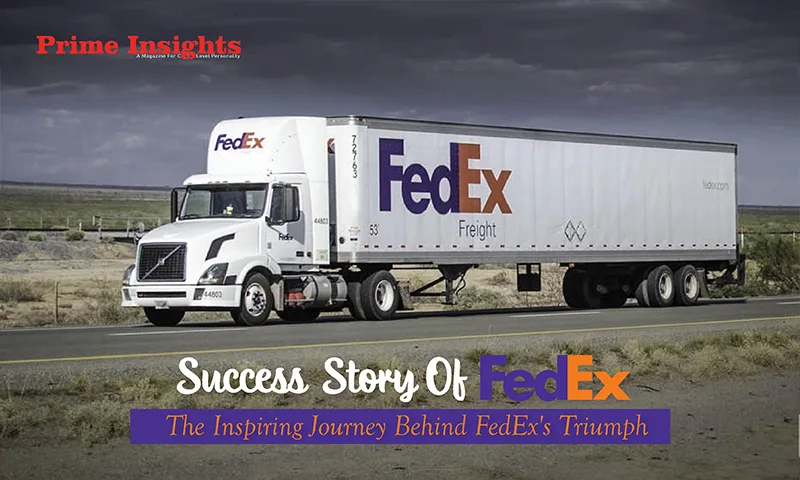
FedEx’s founder Frederick W. Smith has a history that shows a deep entrepreneurial spirit and an aptitude for invention. He was born on August 11, 1944, in Marks, Mississippi, and his early life experiences and education built the basis for his outstanding career in business and logistics.
Smith’s family had a long history in the transportation industry. His father, Frederick C. Smith founded Dixie Greyhound Lines which was a local bus firm. Smith’s early interest in logistics and delivery services was likely influenced by his family’s connection to the transportation sector.
Smith had a long educational record which included studying at top universities before the start of FedEx. In 1966, he graduated from Yale University, where he published a paper explaining the idea of an integrated air-to-ground system for overnight delivery, which became the foundation of FedEx. He later joined the United States Marine Corps where he gained excellent leadership and management abilities.
Smith went into business after completing his military service. He was appointed as the CEO of Ark Aviation Sales, a company that specializes in aircraft sales and repair. This experience gave him valuable insights into the aviation sector which he used to establish FedEx.
Birth of FedEx
Frederick W. Smith had a game-changing idea in 1971 to establish a company that could ensure overnight delivery of parcels of any size, no matter how large or tiny to get rid of the slow delivery systems of that time. During that time delivery of parcels was a big task and even sending a small parcel used to take many days, That is exactly when Frederick came up with this revolutionary idea.
Early financial crises faced by FedEx
Smith got $4 million in inheritance funds and collected an extra $91 million from investors to make this vision a reality. Although this large capital, FedEx faced major financial difficulties and was on the edge of bankruptcy. Smith took a risk and traveled to Las Vegas with only $5,000 of the company’s remaining funds, where he won $27,000 playing blackjack and FedEx saved the company from financial collapse.
One of the major challenges FedEx faced was the high cost of running an overnight delivery service. Aircraft, manufacturing plants, and workers were all required to ensure items were delivered quickly, and to ensure that everything worked smoothly they needed a huge capital.
FedEx initially struggled a lot to attract enough number of shipments to cover its expenses. Many potential customers were used to the slower, less expensive delivery options, and convincing them to convert to an overnight alternative proved difficult.
The logistics and courier industry was highly competitive, with well-established firms controlling the field. FedEx’s expansion suffered from the difficulty of competing with established firms as they already have an established customer base.
Read more: primeinsights







